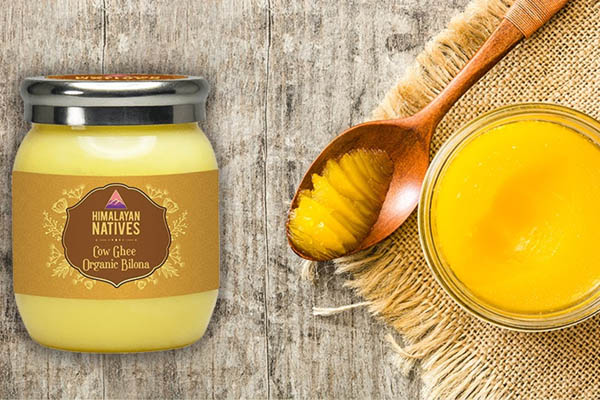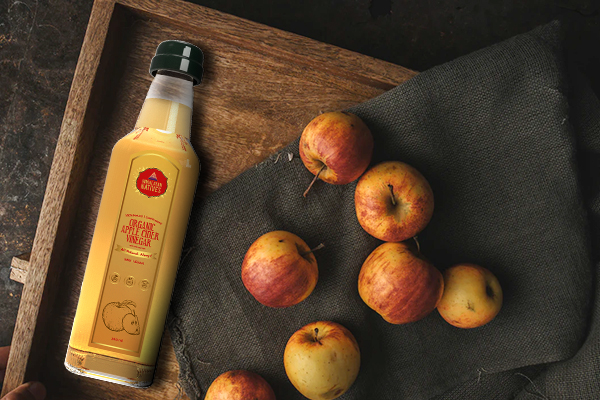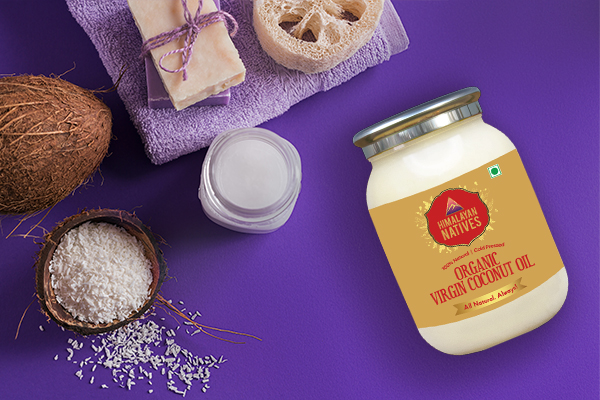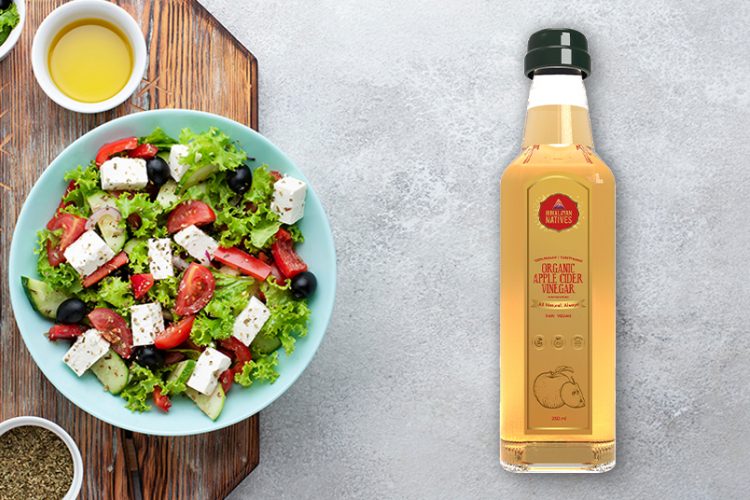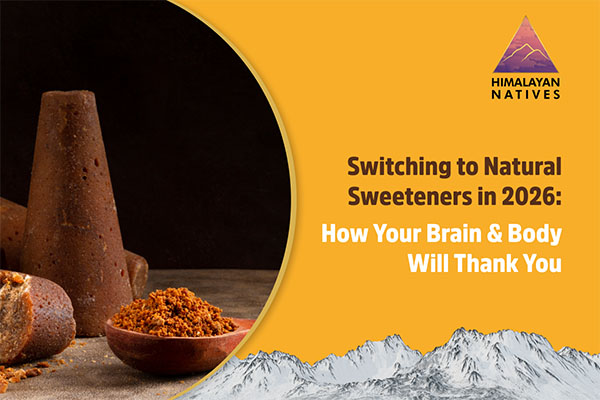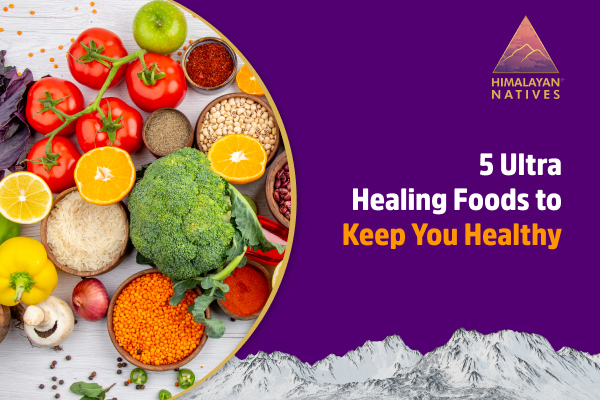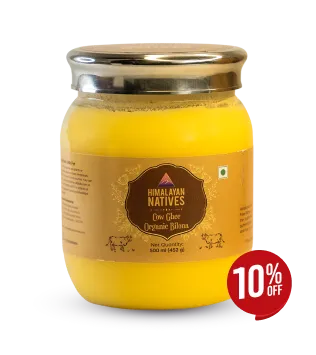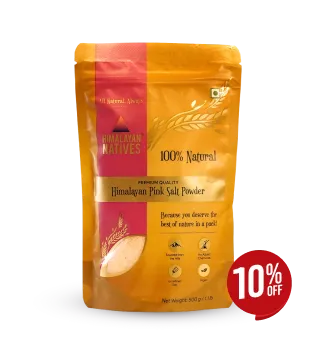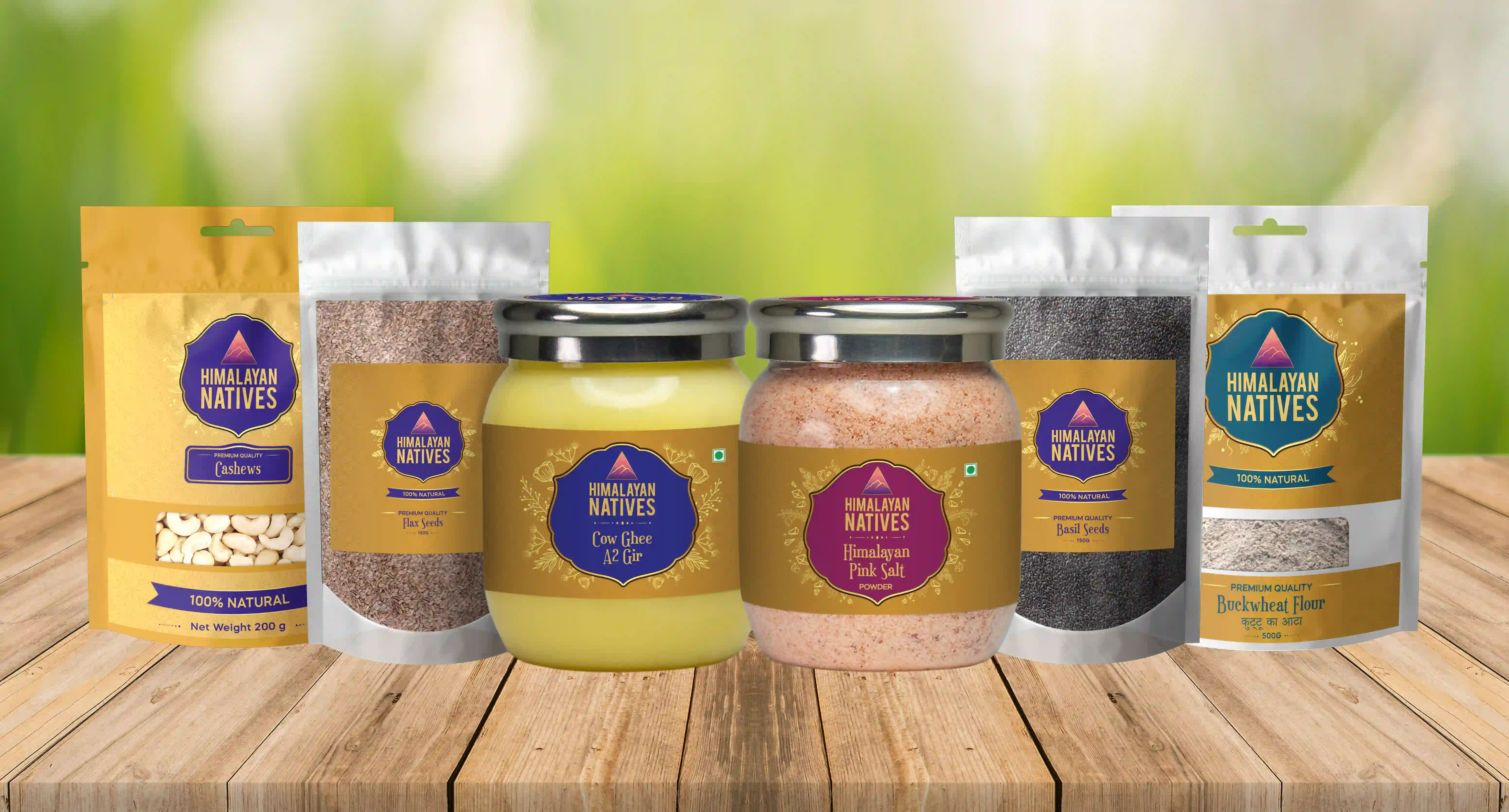
Vitamins and minerals, like oxygen and water, are necessary for survival. They not only keep your body healthy and efficient, but they also safeguard you against several ailments. Vitamins and minerals are often confused, but they are not the same thing. Vitamins are naturally occurring organic compounds generated by plants and animals. They are frequently referred to as "essential" since they cannot be manufactured by the body and must therefore be obtained from food.
Minerals are inorganic elements found in rocks, soil, and water. You can get them indirectly from the environment. Adopting a broad healthy diet is the best way to ensure you obtain a variety of vitamins and minerals in the right amounts. Fruits and vegetables, whole grains, beans and lentils, low-fat protein, and dairy products like ghee are all foods rich in vitamins and minerals. Here are some of the top candidates:
Ghee
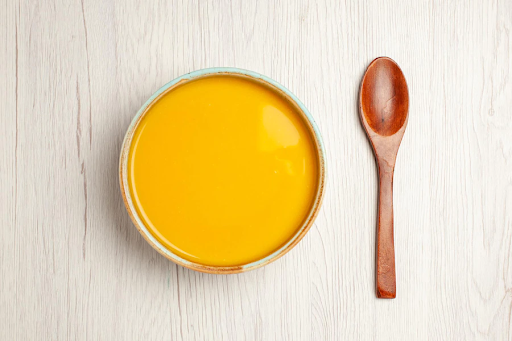
Desi ghee is rich in Vitamin E and a good source of Vitamins A, C, D, and K. The antioxidant properties of ghee have been linked with a lowered risk of arthritis, heart disease, cancer, and cataract. Vitamin E is essential in repairing cell damage and can help make skin healthier. You can use ghee in your daily cooking, add it to your coffee, or use it on toasted bread and rotis. You can even apply it directly to your skin and hair for a nourishing experience.
Himalayan Salt
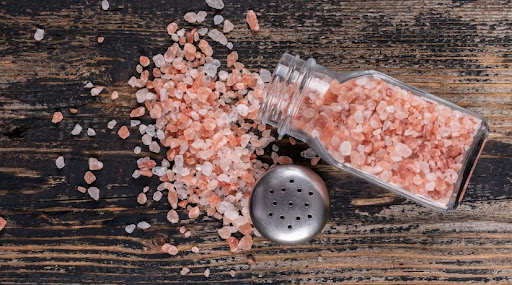
Himalayan salt is a powerhouse of minerals like iron, potassium, iodine, sodium, and even chloride. It doesn’t undergo the mineral-depleting refining process of bleaching and is, therefore, an even better source of these essential minerals than regular salt.
One of the most critical electrolytes in the blood is chloride. It helps to maintain a healthy balance of fluid inside and outside your cells. It also aids in the regulation of blood volume, blood pressure, and the pH of body fluids. Iodine is required for the production of thyroid hormones in the body. Hormones regulate the body's metabolism and a variety of other functions. Thyroid hormones are also required for normal bone and brain development during pregnancy and childhood. Sodium is an essential nutrient that the body requires in tiny amounts to maintain a balance of body fluids and keep muscles and nerves functioning properly. Do remember that moderation is paramount and a high salt intake could be hazardous.
Brown Rice
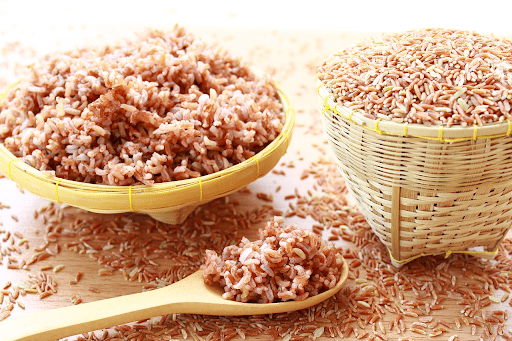
Grains are an essential feature of our mealtimes and brown rice is an excellent way to enrich your nutrition with Vitamins like B1 and B6 and minerals like magnesium. The B-vitamins are essential for healthy brain function, hormone and cholesterol production, good appetite, immune response, and good eyesight. Magnesium is required for a variety of bodily functions, including muscle and neuron function, blood sugar levels, and blood pressure. It’s also imperative for the production of protein, bone, and DNA. You can make rice bowls with some spinach, a source of protein like dal or paneer or chickpeas, brown rice, and raita for a satisfying and nourishing meal.
Dry fruits and nuts
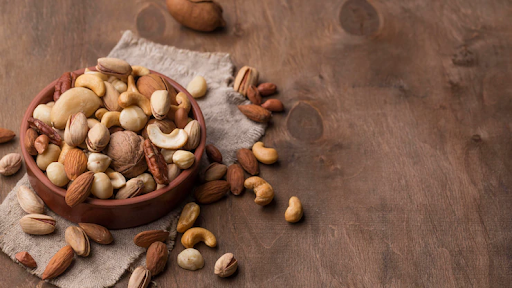
Dry fruits and nuts are a rich source of many vitamins and minerals. Raisins are an excellent source of minerals like potassium and iron. Iron is an essential nutrient for the body's growth and development. Hemoglobin, a protein found in red blood cells that transports oxygen from the lungs to all areas of the body, and myoglobin, a protein that transports oxygen to muscles, are both made from iron. Potassium aids in the operation of nerves, contraction of muscles, and blood pressure regulation. It also aids in the maintenance of a normal heartbeat and the transport of nutrients and waste materials into and out of cells.
Almonds are helpful for the brain and can ease other diabetic symptoms like obesity, inflammation, and increased oxidative stress. Almonds are high in the mineral calcium, Vitamin B2, and Vitamin E. Cashews reduce the risk of heart disease and strengthen the immune system. Cashews are high in Vitamin K, B1, B6, B5, and the minerals iron and zinc. Zinc is contained in every cell of the body. It aids the immune system in combating germs and viruses that invade the body. Zinc is also required by the body for the production of proteins and DNA, which is the genetic material found in all cells. An average adult requires Zinc in trace quantities of 8-11 mg daily and a few cashews daily are an excellent food source.
Jaggery
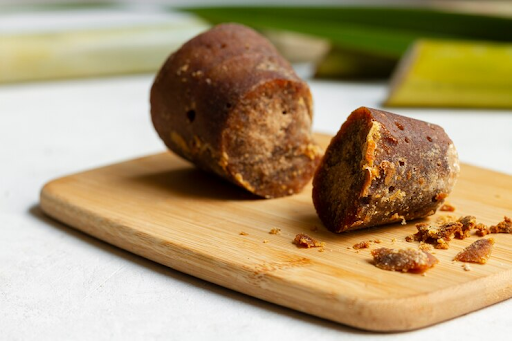
Jaggery is an excellent source of plant-based iron and can be used as a substitute for sugar, or as a mouth freshener after meals. Other ways of adding more iron to your diet are green vegetables, nuts & raisins, and fruits like pomegranates. To read more about the benefits of jaggery and how to use it, check out our blog on different ways to consume jaggery powder.
Churpi

Churpi is a Himalayan cheese made from yak milk and is consumed either in vegetables or as a natural chewing gum. It is an excellent source of calcium. Calcium is imperative for bone health and blood clotting, as well as the absorption of other nutrients like Vitamin D. The recommended daily amount for adults is between 1000-1200 mg. Churpi is also rich in protein, omega-3 fatty acids, vitamins A, D, E, and all the B vitamins. Vitamin D is essential for bone health and brain function, and yet Vitamin D deficiency is the most common vitamin deficiency in Indian adults. Supplementing your diet with a natural chewable like Churpi is an excellent way to ensure you get enough of this healthy nutrient.
Seeds
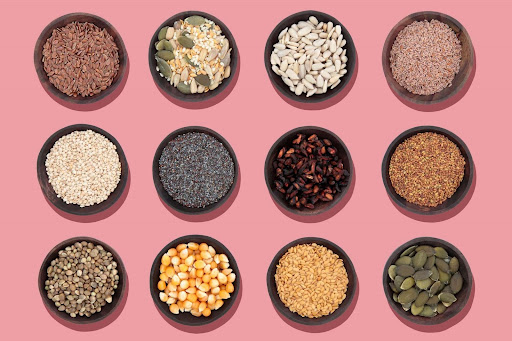
Seeds contain all of the necessary ingredients to grow into complex plants. As a result, they are exceptionally nutrient-dense. Seeds contain a lot of fiber. They're also high in a variety of vitamins, minerals, and antioxidants. Seeds can help lower blood sugar, cholesterol, and blood pressure when ingested as part of a healthy diet. You can add seeds to your salads for a little crunch, to your smoothie bowls, to nut butters for extra nutrition, or to oatmeal. Check out this Himalayan Natives Instagram post about seeds.
Fruits and vegetables are some other important sources of vitamins and minerals. You can use all these natural foods in combination for a wholesome meal. Make them more exciting by adding pomegranate to dahi with a few seeds, juicing oranges, cooking your sabzis in premium-quality ghee, or using carrots and cucumbers as snacks to be served with hummus. Vitamins and minerals are intrinsic to healthy body function and switching to whole foods like pulses and mixed grains over refined foods is advisable. Do check out our blog on 5 delicious Indian recipes using ghee.
 HELPFUL0 people found it helpful
HELPFUL0 people found it helpful
Related Blogs
Subscribe to Our Blogs
and never miss on the latest update!







